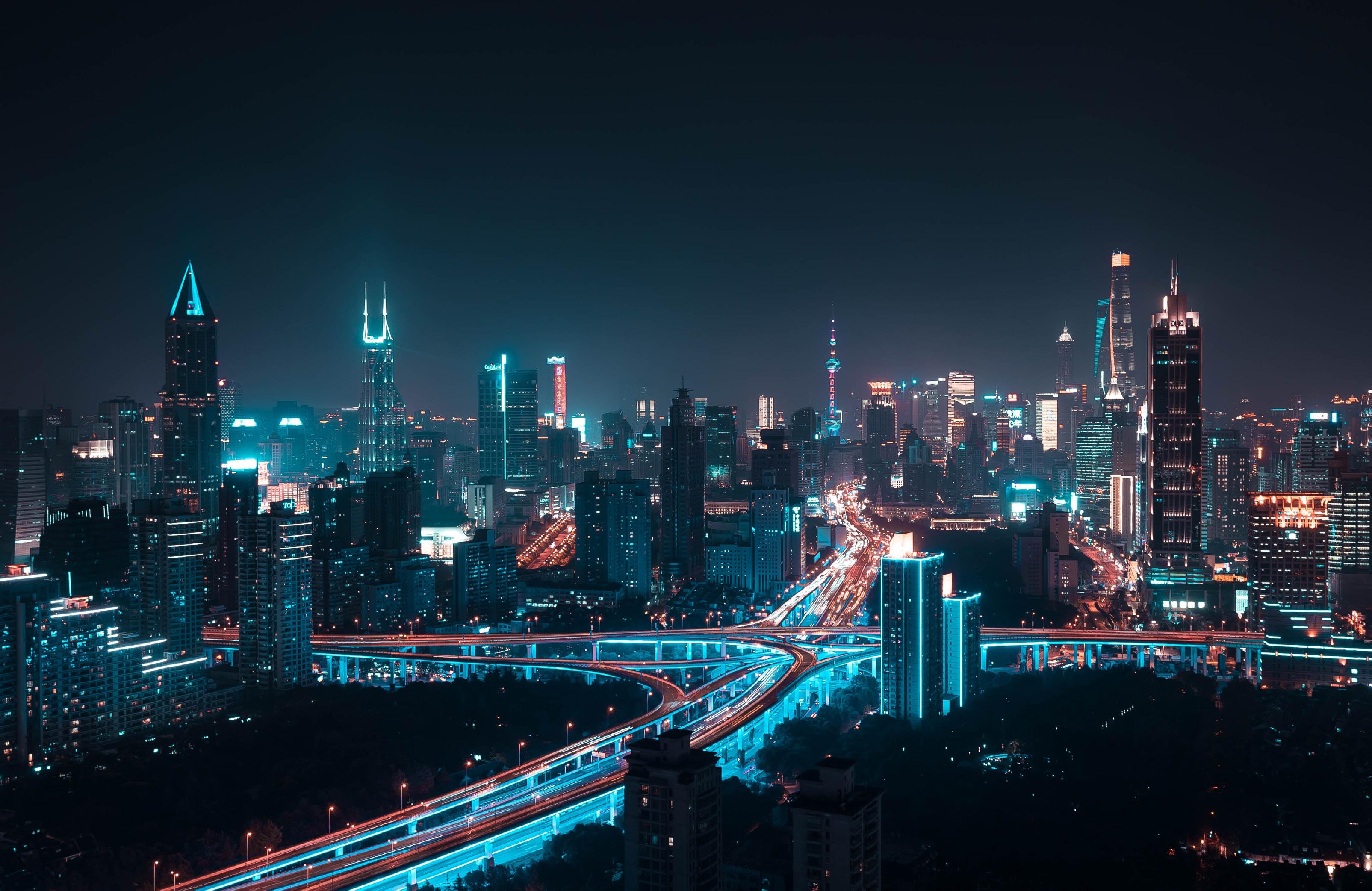
WHAT IS URBAN PHOTOGRAPHY?
People often confuse urban photography with street photography, but urban is a far broader genre that can include anything within a built-up urban environment. This can include architecture and people, but also the surroundings and settings of the urban environment you're in.
You might also wonder what an urban environment is. It is essentially any built up area where people live and work, so encompasses towns and cities.
CAMERA GEAR
There are no specific requirements for urban photography, but there are a few things that will make your life easier. A camera that's good in low light is particularly useful, as the urban environment can often be lacking in ambient light. And a decent autofocus system that can cope with moving subjects will help if you want to capture people or transport going about a town or city. While I'm generally a fan of fixed (prime) lenses, I actually think zoom lenses are of far more use in an urban environment. A zoom means that you can quickly cover multiple focal lengths, which is useful if something starts happening in a different part of your scene.
My favorite lens for this type of work is a 24-70mm (on a full frame camera) but a wide-angle lens can also be useful (around 16-35mm on a full frame camera). Lenses with a larger maximum aperture and image stabilisation are also ideal for coping with potential low light situations. A tripod can be extremely useful as it gives you more exposure options in low light and will also be essential if you want to photograph at night. Carbon fibre tripods are the lightest available but do weight of a tripod. you could carry a pod. cost more. If you don't want the added which is a small beanbag with a tripod screw attached to it. It won't give you as many options as a tripod but will allow you to do some longer exposure shots.
This story is from the {{IssueName}} edition of {{MagazineName}}.
Start your 7-day Magzter GOLD free trial to access thousands of curated premium stories, and 9,000+ magazines and newspapers.
Already a subscriber ? Sign In
This story is from the {{IssueName}} edition of {{MagazineName}}.
Start your 7-day Magzter GOLD free trial to access thousands of curated premium stories, and 9,000+ magazines and newspapers.
Already a subscriber? Sign In
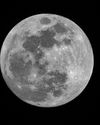
MASTERCLASS HOW TO CAPTURE PERFECT MOON PHOTOS
HOW TO CAPTURE PERFECT MOON PHOTOS
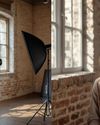
THE 30 DAY EMOTION CAPTURE CHALLENGE
30 DAYS, 30 EMOTIONS: YOUR LENS, YOUR STORY
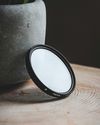
3 MUST-HAVE FILTERS FOR SHOOTING LANDSCAPE PHOTOGRAPHY
While digital photography has made many filters redundant through post-processing software like Photoshop, there are still some essential filters that can't be replaced.
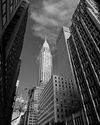
9 TIPS FOR CAPTURING TACK-SHARP PHOTOS
As a photographer, you know that image sharpness can make or break your shot.
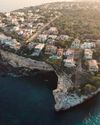
ABOUT MALLORCA
Mallorca, the largest island in the Balearic archipelago nestled in the Mediterranean Sea, boasts a diverse and breathtaking landscape that captivates travelers from around the globe.
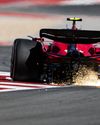
FEATURED PHOTOGRAPHER: JAMEY PRICE
Jamey Price is a celebrated motorsport and automotive photographer from Charlotte, North Carolina, whose vibrant and dynamic images have captured the thrill of racing across more than 25 countries.
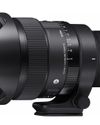
THE LOWDOWN ON THE SIGMA 15 MM F/1.4 ART FISHEYE LENS FOR SONY
Still, I don't want you to think I'm trying to give you the ol' bait-and-switch, so I'll say right from the top that this lens is quite pricey, and it's certainly not for everyone.

FEATURED PHOTOGRAPHER: DINA BELENKO
In this issue, we interview Dina Belenko, the conceptual still life photographer whose work transcends the boundaries of imagination.
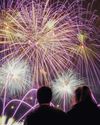
PROVEN TECHNIQUES FOR CAPTURING THE BEAUTY OF FIREWORKS
Snapping the perfect shot of a fireworks display involves more than just pointing and shooting.
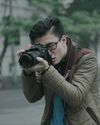
7 REASONS TO USE A DEDICATED CAMERA INSTEAD OF A SMARTPHONE
Nearly all of us us have a smartphone in our pockets and the included cameras have led to a real explosion in photography.